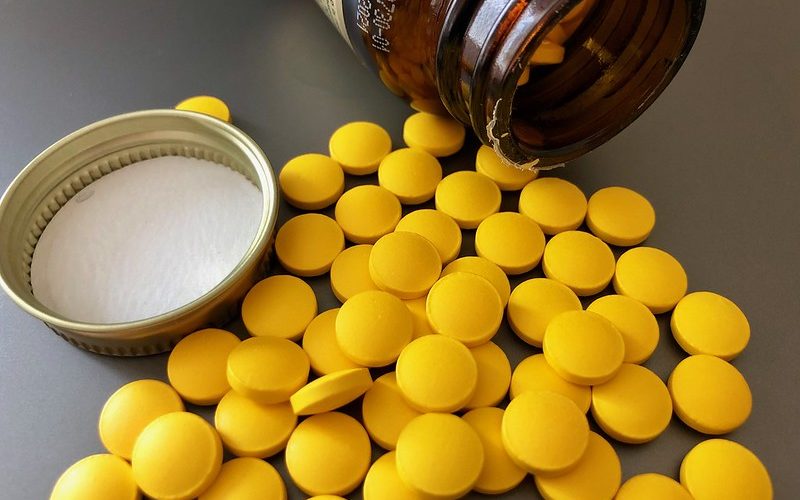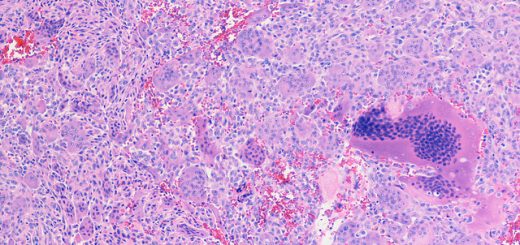The placebo effect: mind over matter?

What are placebos and why are they used?
A ‘placebo’ is essentially a fake treatment. It can be administered as a sugar pill containing no active medical ingredients, and not intended to elicit any response in
patients1. Placebos may also take the form of water injections, or ‘sham’ surgeries where no operation is conducted but the patient is led to believe otherwise2.
Placebos are important for developing new treatments and are widely used as ‘controls’ in randomised clinical trials (RCTs). In RCTs, patients are recruited to either the ‘treatment’ group and receive active drug, or the ‘placebo’ group and receive a fake treatment. Importantly, patients do not know which group they are in. Therefore, the true effect of the drug can be compared to results from the placebo patients, aiding reliability and increasing accuracy of results3.
The placebo effect
Intriguingly, placebo patients report effects that are only expected following active treatment, including pain relief and feeling their symptoms are easing4. This fascinating phenomena is known as the ‘placebo effect’. One study investigating this allocated asthmatics to treatment using active inhalers, no treatment or to one of two placebo treatments. Interestingly, patients in both placebo groups reported improvement in their asthma symptoms. However, only patients using active inhalers showed improved lung capacity5.
In another study, patients given a placebo were told it was either a stimulant (similar to drinking coffee) or a depressant (similar to a sleeping pill)6. Patients believing they took the ‘stimulant’ showed increased blood pressure, while those believing they took the ‘depressant’ reported feeling sleepy7. These findings highlight how powerful the act of taking a pill or undergoing ‘treatment’ can be. To patients, the idea alone of ‘being treated’ can significantly impact their perception of pain and symptoms. Combining ‘treatment’ with any further positive understanding a patient may have, such as what they have read or discussed with a doctor about a treatment, may further strengthen the placebo effect.
What if a patient knows they are taking a placebo?
You may expect this to quash any expectations patients have regarding beneficial effects. However, this is not always the case.
One study investigated by showing two participant groups a series of emotionally-distressing pictures. Participants reported emotional responses and their emotional processing was monitored for changes in neural activity in brain scans which indicate distress. One group was educated about neural distress pathways and told nasal spray would increase the clarity of the medical imaging used to obtain their results. The group educated about placebos were told the nasal spray was a placebo, but may decrease their distress, if they believed it would. The results found the placebo group not only reporting feeling less distress, but to also exhibiting decreased levels of neural distress8.
Although it is clear the placebo effect will never replace active treatment, these investigations do confirm the powerful potential of placebos9. It may not be ‘mind over matter’ but, for some conditions, ‘mind and matter’ will help shape the future of patient care.
Edited by Frankie Macpherson
References
- Read more here https://www.webmd.com/pain-management/what-is-the-placebo-effect#1
- Read more about sham surgeries here: https://www.advisory.com/daily-briefing/2017/08/03/sham-surgery
- More information on clinical trials can be found here https://www.ncbi.nlm.nih.gov/pmc/articles/PMC3601706/
- For more information visit https://www.aarp.org/health/conditions-treatments/info-2018/placebo-effect-pain-relief.html
- Read more at https://www.nih.gov/news-events/nih-research-matters/placebo-improves-asthma-symptoms-not-lung-function
- See here for a brief description of stimulants and
depressants:https://www.bbc.co.uk/bitesize/guides/zy2hpv4/revision/3 - More information on this and similar studies can be found at https://www.huffpost.com/entry/the-placebo-effect_b_843435?guccounter=1
- To read the full paper visit: https://www.nature.com/articles/s41467-020-17654-y
- To read more about the role of
the placebo effect in medicine, see here:https://www.vox.com/science-and-health/2017/7/7/15792188/placebo-effect-explained










